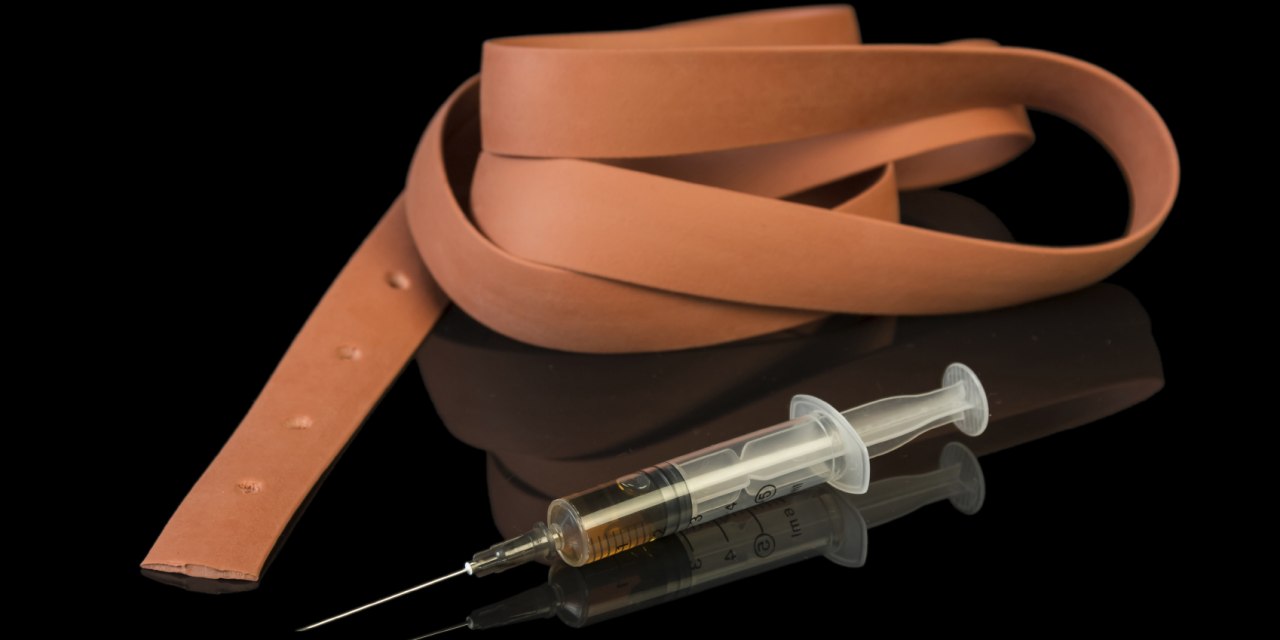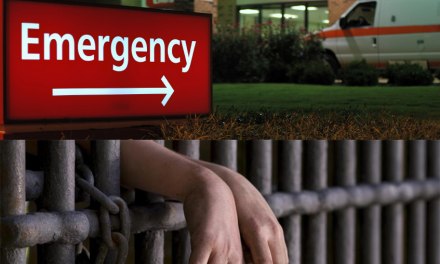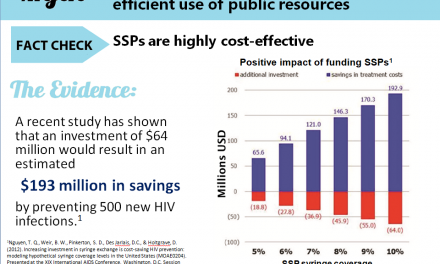An interesting article touches on the possibility of a heroin-like substance that addicts can inject instead of the real thing. The idea is to draw them away from street life.
The Maryland legislator who proposed it is a longtime emergency physician in Baltimore. He doesn’t seem to expect his plan to go far in the current political climate, but wants to put it on the table.
The key elements of the proposal:
- Because certain drugs (called polymorphones) are indistinguishable from heroin on blind tests, they could be used as a substitute.
- Since the addict is essentially shooting heroin, he/she is much less likely to drop out.
- There are definite risks such as OD and seizure, so the drug should be administered at injection centers staffed by trained personnel.
By the way, heroin maintenance itself is not a new idea– programs have operated for various periods in several different nations– and the whole idea is that these ‘polymorphones’ can’t be differentiated from heroin. In essence, we’re supplying the addict with his preferred drug and a safe place to use it. But because it’s technically not heroin, we avoid certain legal obstacles.
It’s difficult to see this being very popular with the public. The notion of government-funded drug use seems hard to swallow. As one citizen put it, “I don’t see why the taxpayers should bear the cost of some dope fiend getting high.” That’s an unsophisticated opinion, but a very common one. It’s also where the complicated ‘disease transmission’ explanation comes into play. We’re told it’s really society that benefits from the program.
An aside: It’s my experience that methadone has never been terribly popular within the addict community. Some of that is because of restrictions around its use, but we also hear complaints about the drug itself, particularly the way it makes people feel. It’s no surprise that a drug that felt just like heroin and was injected would prove popular with users.
Our question has to be: Is that a good thing? For a big city with a large steady-state population of chronic opiate users and a vigorous street drug trade, who knows? As the article notes, there are other alternatives that could prove equally helpful in a public health sense, and a whole lot less controversial.
We should remember the proposal isn’t actually a way to get addicts off opiates; it’s a way to facilitate safer use. You’ll have to make up your own minds about the value (and wisdom) of that.













